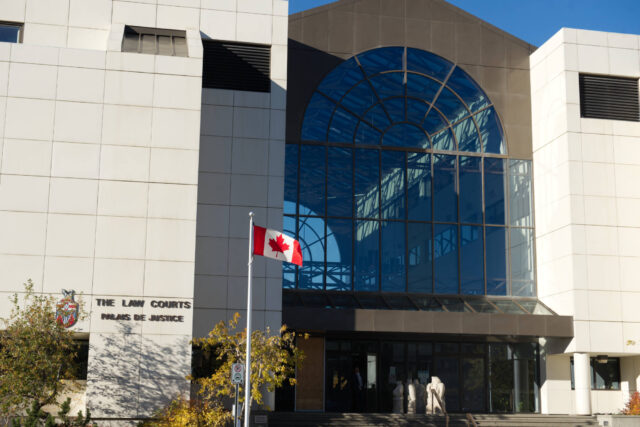The hearing into the legality of the Safer Communities and Neighbourhoods (SCAN) Act is scheduled to wrap up on Nov. 10 after three days of intense and, at times, conflicting testimony.

The SCAN Act empowers the Yukon government to resolve complaints of alleged illicit activity at a property by serving an eviction notice with as little as five days warning, regardless of any existing tenancy agreements.
The legal challenge is centred on the idea that the SCAN Act violates the Charter of Rights and Freedoms’ guarantee of liberty and security. According to the lawyer bringing the challenge forward, Vincent Larochelle, the aim is to strike down the section of the act that allows landlords to terminate tenancy agreements by giving five days’ notice.
Stephen Gaetz, a York University professor and president of the Canadian Observatory on Homelessness who was called as an expert witness, outlined the circumstances that can cause someone to become unhoused, including evictions.
Gaetz noted that the further west and north you go in Canada, the higher the prevalence of unhoused Indigenous people. He also said that a point-in-time count in Whitehorse in 2018 showed 82 per cent of unhoused people in the city were Indigenous, with 73 per cent of these people identifying as First Nations.
York Research Chair in Reparative and Racial Justice Carmela Murdocca told the court that complaints-based property ordinances such as the SCAN Act operate on the fringes of the criminal justice system and disproportionately affect “racialized, economically marginalized and Indigenous people.”
Read the full article on the Yukun News' web site.

